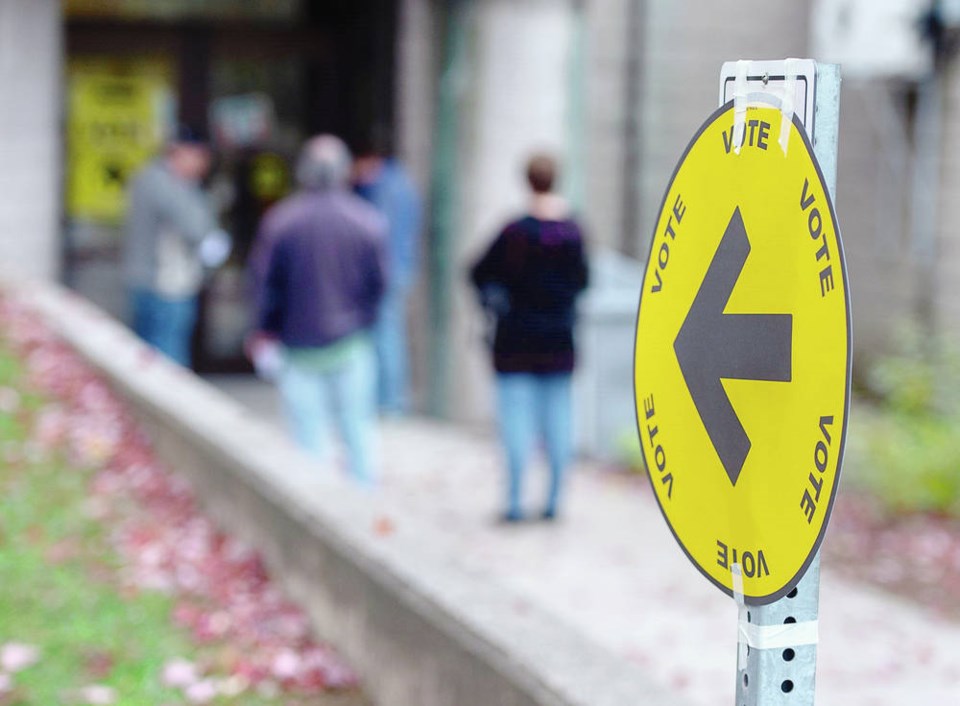In a December 2020 speech at Columbia University, the UN secretary general said: “The state of the planet is broken. Humanity is waging war on nature. This is suicidal,” adding: “Making peace with nature is the defining task of the 21st century. It must be the top, top priority for everyone, everywhere.”
A February 2021 UN Environment Program (UNEP) report, “Making Peace with Nature,” is blunt: “Humanity’s environmental challenges have grown in number and severity … and now represent a planetary emergency.” Noting “human well-being is critically dependent on Earth’s natural systems,” the report identifies the three “self-inflicted planetary crises” we must address simultaneously: the climate, biodiversity and pollution emergencies.
Yet we are failing to meet even the agreed-upon targets for climate change, protection of biodiversity, land degradation neutrality, protection of oceans and marine resources and the safe management of chemicals and waste. As a result, says the report, the web of life — of which we are a part, and upon which we depend — is unravelling.
These human-driven ecosystem changes thus represent a threat to the stability and sustainability of our society and the well-being of the global and Canadian populations, as well as the well-being, indeed the continued existence, of many other species.
So you would think the main federal parties would make the theme of making peace with nature a core element of their election platforms — and you would be wrong.
To be sure, the parties all address climate change, with varying degrees of serious but generally inadequate commitment, have something nice to say about protecting our lands and waters (although the word biodiversity is conspicuous by its almost total absence) and acting on some forms of pollution and in particular addressing plastic wastes.
But none of the parties addresses the underlying problem, which is that our entire way of life and our economy are unsustainable.
The central fact is that globally, we use 1.7 times the Earth’s bio-capacity every year, and almost five times that much per person in Canada. In other words, as a country, we take almost five times our fair share of the Earth’s limited bio-capacity and resources, while disproportionately polluting the Earth.
The central challenge we face in the next couple of decades, then, is how we reduce our ecological footprint about 75 per cent, share the Earth more with those who have less (including other species) and yet ensure a good quality of life for all Canadians.
Continuing the “making peace” metaphor, the UNEP report outlines both a peace plan and a post-war rebuilding program. There are recommendations for governments in three broad areas: Address Earth’s environmental emergencies and human well-being together; transform economic and financial systems so they lead and power the shift toward sustainability; and transform food, water and energy systems to meet growing human needs in an equitable, resilient and environmentally friendly manner.
But, notes the report, this will involve overcoming “vested and short-term interests” — those who do very well out of the current system (such as the fossil fuel, chemicals, mining, forestry, agricultural, automobile and consumer products industries), and want to maintain the status quo.
Among the specific recommendations that challenge a business-as-usual approach are to “include natural capital … and environmental costs … in decision-making,” end fossil fuel subsidies, and develop and use alternatives to GDP.
These, then, are some of the transformative changes we need to see at the core of the platform of any party aspiring to form the next government. And they need to start happening right now, because time is short — “the coming decade is crucial,” says UNEP. This is not something that can be put off for another election or two.
Any party with pretensions to caring about the well-being of young people and future generations, as well as the well-being of the Earth itself, would make these issues the core of their platforms.
Sadly, however, making peace with nature does not seem to be a top priority among Canada’s main political parties, and thus not a priority for whomever forms the next government. This is the planet-sized elephant that the main parties are trying to ignore in this election.
Dr. Trevor Hancock is a retired professor and senior scholar at the University of Victoria’s School of Public Health and Social Policy.



